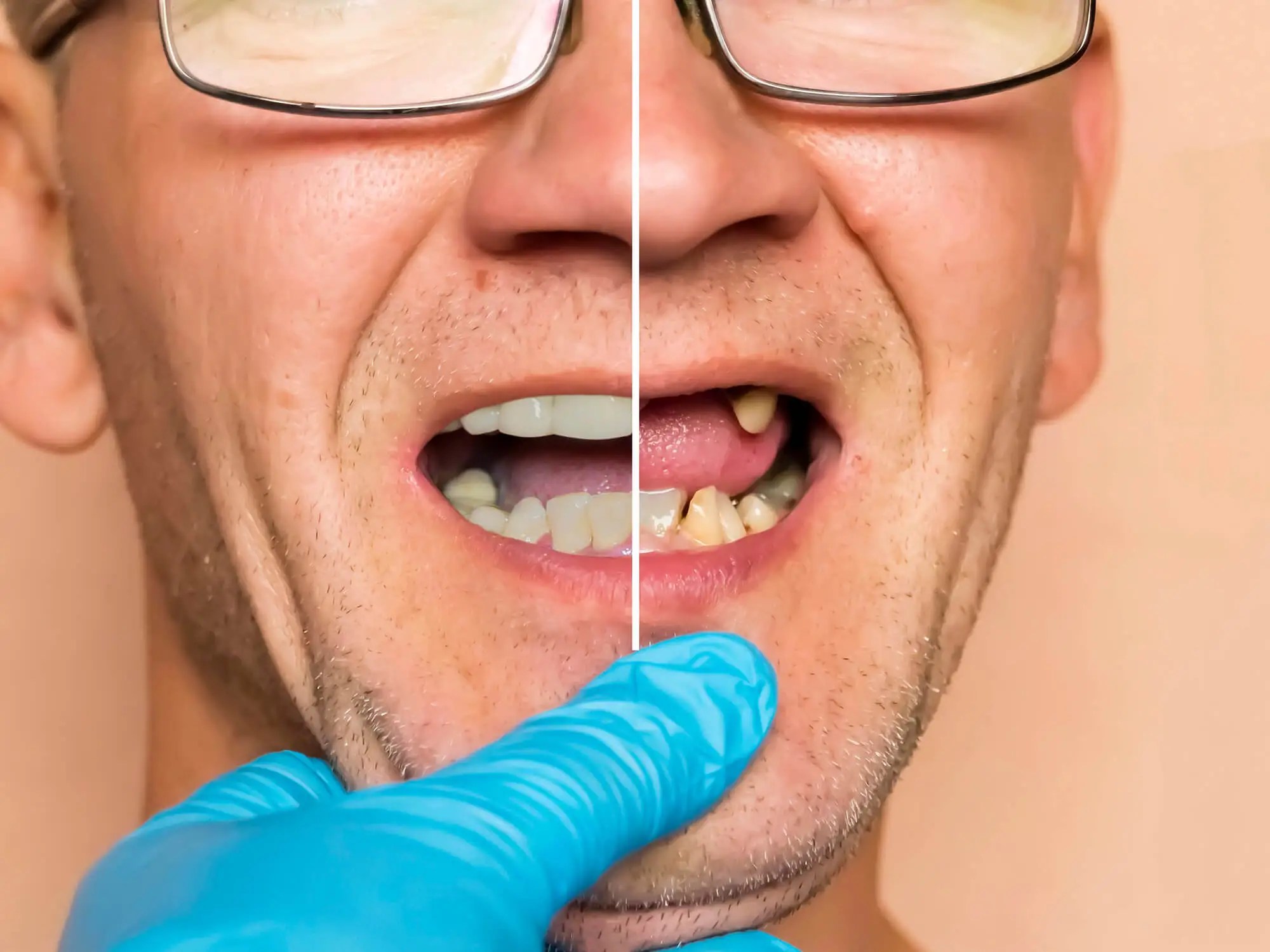Lost a Permanent Tooth? All Restorative Options You Can Explore

Dental enamel is the strongest material in our bodies, so it makes sense to believe that your natural teeth will last forever. Sadly, enamel is strong, but it’s not invisible. Tooth decay, gum disease, and dental emergencies can irreparably damage your teeth, resulting in an emergency visit to the dentist in Prattville, AL, and a sudden tooth extraction.
Losing your first natural tooth can be scary—but it’s more common than you may think. Many adults have lost at least one tooth. Luckily, various restorative treatments can help you recover your complete grin afterward.

How Losing a Tooth Can Affect Your Oral Health
Losing a permanent tooth is more than an aesthetic concern: it can severely impact your quality of life in the long run. Missing teeth can make it harder to eat all your favorite foods and speak clearly, and may even affect your self-esteem.
Besides these day-to-day challenges, tooth loss can have deeper consequences, some that aren’t so easily noticed:
1. Bone Loss
When a tooth is lost, the jawbone in that area begins to deteriorate due to a lack of stimulation. This bone resorption can lead to a sunken facial appearance and compromise neighboring teeth.
2. Bite Misalignment
Missing teeth can cause adjacent teeth to shift into the gap, leading to misalignment, bite problems, and increased wear on remaining teeth. That’s because teeth naturally drift into empty spaces. This can also result in TMJ disorders and chronic jaw pain if not treated with orthodontics.
Without a tooth to chew against, the opposing tooth can also over erupt, creating alignment issues and hurting your gums.
3. Increased Risk of Decay and Gum Disease
Gaps from missing teeth can trap food and bacteria, increasing the risk of plaque buildup, gum disease, and cavities in surrounding teeth.
4. Digestive Problems
As mentioned, tooth loss can hinder your ability to chew certain foods, which can lead to poor nutrition and digestive issues.
What Restorative Options Are Available for Me?
Replacing missing teeth helps preserve oral structure, function, and aesthetics—while preventing long-term complications that can be more difficult and costly to treat later. But what restorative treatments are available after you lose your first tooth?

Dental Bridges
Dental bridges are fixed prosthetic devices that replace one or more missing teeth by “bridging” the gap between remaining natural teeth.
They consist of a tooth replacement (called a pontic) attached to two dental crowns bonded to the adjacent healthy teeth (called abutments). If no adjacent healthy teeth exist, the abutments can also be attached to dental implants.
Bridges restore the ability to chew and speak properly while preventing the shifting of surrounding teeth. The crowns and pontics are custom-designed to ensure a natural look that perfectly blends in with your smile. Additionally, with proper care, bridges can last up to 15 years.
What Are Dental Implants?
Implants are a reliable restoration that aims to imitate the structure of a natural tooth. They consist of three parts:
- Implant Post: A screw-like device placed into the jawbone to act as the root.
- Abutment: A connector placed on the implant holds the crown or other restoration.
- Crown: The visible part of the tooth, made from porcelain, zirconia, or ceramic, and custom-shaped to match your natural teeth.
The implant post is made of titanium, a biocompatible material. This means it can bond with your natural jawbone in a process known as osseointegration. By doing so, implants are as stable as natural teeth, allowing you to eat all foods easily. Moreover, they’re also highly durable, lasting more than 25 years with proper care.
Dental Implants vs. Bridges: A Comparison
When deciding between dental implants and bridges for tooth replacement, it's important to consider various clinical, aesthetic, and practical factors. Some major points to consider include:
1. Longevity and Durability
Dental implants typically last 15–25 years or more with proper care. Since they are fused to the jawbone, they are highly durable and resistant to decay. Often, only the top dental crown needs replacement after 25 years, while the implant post remains healthy and strong.
Dental bridges last 5–15 years. However, they may need replacement more frequently due to wear or decay of the supporting teeth.
2. Procedure and Recovery Time
Getting dental implants is a multi-step surgical process. After insertion of the implant posts, your dentist must wait until they integrate with your bone to add the crown, which can take several months.
For that reason, if you’re in a rush, dental bridges may be a better solution. They can usually be completed within a few weeks and require no surgery, making them a less invasive option.
3. Bone Preservation
One of the biggest advantages of implants is that they’re attached to your jawbone. This helps stimulate the bone and keep it healthy.
Conversely, bridges simply cover the tooth’s gap, so they don’t prevent bone loss.
4. Impact on Adjacent Teeth
Dental bridge placement requires grinding down healthy adjacent teeth to add the crowns that will anchor the bridge, which may compromise their integrity over time.
Implants avoid this because each one is independent, not affecting neighboring teeth.
5. Aesthetics and Functionality
Implants closely mimic the look and feel of natural teeth, providing a strong bite force and stability. Bridges can also look natural but may not match the aesthetics or function of implants over the long term.
6. Cost
Because implant placement involves surgery—and various steps—they tend to be more expensive upfront. However, their longevity may result in lower lifetime costs.
Bridges are less costly initially but may incur more expenses over time due to repairs or replacement.
7. Suitability and Eligibility
Implants are not suitable for everyone, especially patients with insufficient bone density or chronic conditions like uncontrolled diabetes.
Bridges are more broadly suitable, even for patients who may not qualify for implants. Still, good oral health is a must. This means being free of decay in the neighboring teeth that will need to act as abutments and free of gum disease.

Get Personalized Advice from a Dentist in Prattville, AL, and Restore Your Smile
Tooth loss can be frustrating. Living without a tooth may seem the easiest choice, but this can have several consequences for your oral health in the long run.
Whether with dental bridges or implants, these reliable solutions help you recover your full smile and keep the space necessary to prevent your natural teeth from shifting. If you’re still unsure which option is best for you, a personalized assessment at Glynwood Dental Care can help. Contact us today and take the first step toward recovering your full smile!
.webp)

.png)
